California legislative update: final bills not posted yet, safety advocate approved

And away we go!
Final versions of telecom-related bills that were approved in the final, dark hours of the California legislature’s session on Wednesday haven’t been posted yet. Among those approved was senate bill 62 by senator Jerry Hill (D – San Bruno). Yesterday morning, its fate wasn’t clear, but after the dust settled, the verdict was yes; it will be sent on to the governor.
SB 62 would create a quasi-independent safety advocate’s office at the California Public Utilities Commission, similar to the ratepayers’ advocate’s office.… More

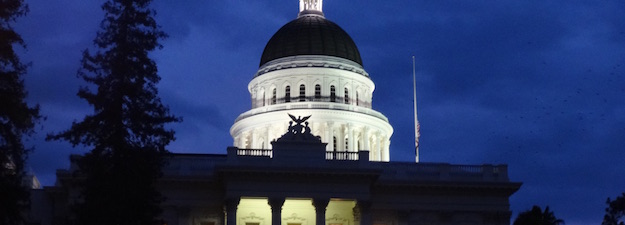
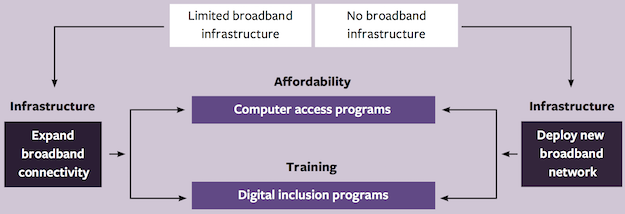
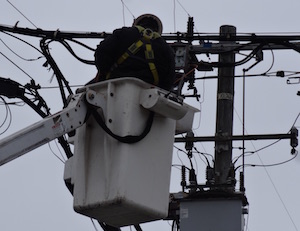
![By AleXXw (Own work) [CC BY-SA 3.0 (https://creativecommons.org/licenses/by-sa/3.0)], via Wikimedia Commons](https://www.tellusventure.com/images/2016/8/scoreboard.jpg)
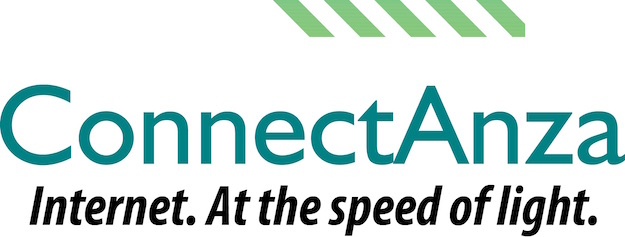
![By Police (Wikipedia Commons) [Public domain], via Wikimedia Commons](https://www.tellusventure.com/images/2016/7/ice_arrest.jpg)
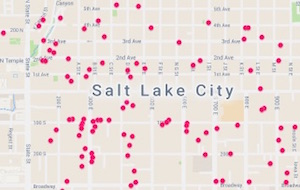
![Joshua Sherurcij [Attribution], via Wikimedia Commons](https://www.tellusventure.com/images/2016/8/dog_muzzle.jpg)
